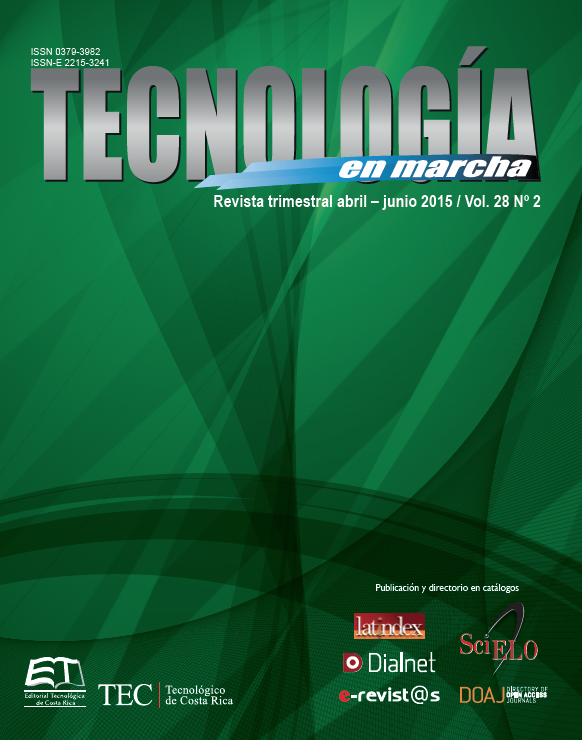Solid waste management challenges for cities in developing countries
Main Article Content
Abstract
Solid waste management is a challenge for the cities’ authorities in developing countries mainly due to the increasing generation of waste, the burden posed on the municipal budget as a result of the high costs associated to its management, the lack of understanding over a diversity of factors that affect the different stages of waste management and linkages necessary to enable the entire handling system functioning. An analysis of literature on the work done and reported mainly in publications from 2005 to 2011, related to waste management in developing countries, showed that few articles give quantitative information. The analysis was conducted in two of the major scientific journals, Waste Management Journal and Waste Management and Research. The objective of this research was to determine the stakeholders’ action/behavior that have a role in the waste management process and to analyze influential factors on the system, in more than thirty urban areas in 22 developing countries in 4 continents. A combination of methods was used in this study in order to assess the stakeholders and the factors influencing the performance of waste management in the cities. Data was collected from scientific literature, existing data bases, observations made during visits to urban areas, structured interviews with relevant professionals, exercises provided to participants in workshops and a questionnaire applied to stakeholders. Descriptive and inferential statistic methods were used to draw conclusions. The outcomes of the research are a comprehensive list of stakeholders that are relevant in the waste management systems and a set of factors that reveal the most important causes for the systems’ failure. The information provided is very useful when planning, changing or implementing waste management systems in cities.
Article Details
Los autores conservan los derechos de autor y ceden a la revista el derecho de la primera publicación y pueda editarlo, reproducirlo, distribuirlo, exhibirlo y comunicarlo en el país y en el extranjero mediante medios impresos y electrónicos. Asimismo, asumen el compromiso sobre cualquier litigio o reclamación relacionada con derechos de propiedad intelectual, exonerando de responsabilidad a la Editorial Tecnológica de Costa Rica. Además, se establece que los autores pueden realizar otros acuerdos contractuales independientes y adicionales para la distribución no exclusiva de la versión del artículo publicado en esta revista (p. ej., incluirlo en un repositorio institucional o publicarlo en un libro) siempre que indiquen claramente que el trabajo se publicó por primera vez en esta revista.

